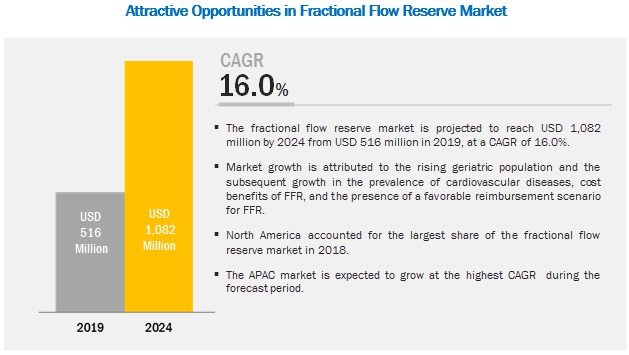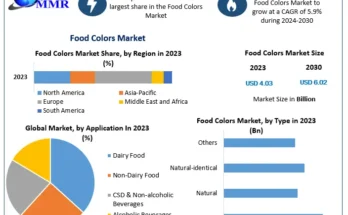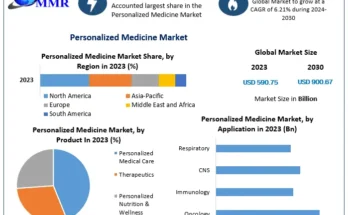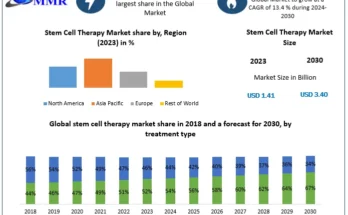The research report on “Fractional Flow Reserve Market by Technology (Invasive Monitoring, Non-invasive Monitoring), Invasive Monitoring Product (Pressure Guidewires, FFR Measurement Systems), Application, and Region – Global Forecast to 2024″, is projected to reach USD 1,081.8 million by 2024 from USD 516 million in 2019, at a CAGR of 16.0% during the forecast period.
Driver: Rising geriatric population and the subsequent growth in the prevalence of CVD;
Over the years, there has been a significant increase in the geriatric population across the globe. According to the UN World Population Ageing Report 2017, the global geriatric population (aged 60 years and above) is expected to reach 2.1 billion by 2050 from 962 million in 2017.
As this population segment is highly susceptible to CVD and other target diseases, the demand for advanced diagnostic and treatment options is expected to increase in the coming years. Changing lifestyle, smoking, hypertension, high blood cholesterol levels, physical inactivity, high BMI, and high blood sugar levels are the leading risk factors for heart disease and stroke. With the rising prevalence of CVD, the number of related diagnostic and treatment procedures is expected to increase significantly across the globe in the coming years. In this scenario, the demand for fractional flow reserve is likely to increase as it provides various benefits, such as assessing if the stenosis is required, which in turn helps in avoiding surgeries (in cases where stenosis is not needed).
Download PDF Brochure: https://www.marketsandmarkets.com/pdfdownloadNew.asp?id=257837023
Leading Key Players and Analysis:
The key players in the fractional flow reserve market are Abbott (US), Boston Scientific (US), ACIST Medical Systems (US), Koninklijke Philips N.V. (Netherlands), Opsens, Inc. (Canada), HeartFlow, Inc. (US), Siemens Healthineers (Germany), Pie Medical Imaging (Netherlands), CathWorks (Israel), and Medis Medical Imaging Systems BV (Netherlands).
Abbott (US) held the leading position in the fractional flow reserve market. The company acquired a significant share in the FFR market through the acquisition of St. Jude Medical (US). This acquisition positioned Abbott as a major cardiology devices provider. The strategic acquisition of St. Jude Medical, a leading player in the cardiovascular and neuromodulation products market, strengthened the position of Abbott in the fractional flow reserve (FFR) market. Abbott focuses on continuous expansions to achieve optimal growth across industries and different geographic areas. It strives to maintain its position through innovation and product launches. For instance, the company invests a significant amount of its revenue in R&D activities to increase its presence in the market. It invested USD 2.30 billion, USD 2.26 billion, and USD 1.42 billion on R&D in 2018, 2017, and 2016, respectively
Geographical Analysis in Detailed?
Asia Pacific to register the highest CAGR during the forecast period
North America dominated the FFR Market in 2018. The large share of the North American fractional flow reserve market can primarily be attributed to the high healthcare spending in the region, rising prevalence of CVD and lifestyle diseases, growth in the geriatric population, large number of ongoing research activities and product launches, availability of reimbursements, and the rapid adoption of technologically advanced imaging systems.
Request Sample Pages: https://www.marketsandmarkets.com/requestsampleNew.asp?id=257837023
Industry Segmentation:
The invasive monitoring segment to account for the largest market share during the forecast period
Based on technology, the fractional flow reserve market is segmented into invasive and non-invasive monitoring. The invasive monitoring segment accounted for the largest share of the market in 2018 and will continue to do so during the forecast period. Invasive FFR monitoring is considered the gold standard for determining the hemodynamic impact of coronary lesions. This technology utilizes pressure guidewires and monitoring systems for the measurement of fractional flow reserve. The pressure guidewire measures the flow and pressure of the blood before and after the blockage to produce a ratio.
The single-vessel diseases segment will dominate the market during the forecast period.
Based on application, the FFR Market is segmented into single-vessel diseases and multi-vessel diseases. In 2018, the single-vessel disease segment accounted for the larger share of the fractional flow reserve market. The large share of this segment can be attributed to the high prevalence of single-vessel coronary artery disease.
The pressure guidewires segment is expected to grow at the highest CAGR during the forecast period
On the basis of product, the invasive monitoring market is segmented into pressure guidewires and FFR monitoring systems. The pressure guidewires segment accounted for the largest share of the market in 2018. This can be attributed to the growth in the number of PCI procedures (as a result of the rising prevalence of CVD), strong recommendation for the use of guided revascularization by measuring FFR in specific clinical scenarios, and the single-use nature of pressure guidewires, which ensures repeat purchases.
Speak to Analyst: https://www.marketsandmarkets.com/speaktoanalystNew.asp?id=257837023




